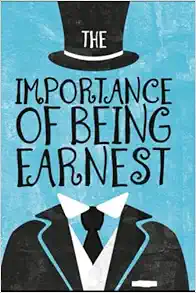Laynta participates in the Amazon Services LLC Associates Program, an affiliate advertising initiative that allows us to earn fees by linking to Amazon.com.

Gulliver's Travels
Gulliver's Travels, written by Jonathan Swift and first published in 1726, is a seminal work of satire and one of the most enduring classics of English literature. Officially titled Travels into Several Remote Nations of the World, in Four Parts. By Lemuel Gulliver, First a Surgeon, and then a Captain of Several Ships, the book is a narrative of the fantastic voyages of the eponymous character, Lemuel Gulliver.
Structured as a series of travelogues, Gulliver's Travels is divided into four parts, each detailing Gulliver's encounters with different civilisations: the tiny people of Lilliput in Part I, the giants of Brobdingnag in Part II, the intellectually superior Laputans and other curious societies in Part III, and the noble horses, the Houyhnhnms, and the uncivilised Yahoos in Part IV.
The novel is renowned for its imaginative narrative, richly detailed worlds, and its ability to weave biting social, political, and moral satire into the fabric of an adventurous tale. Swift uses Gulliver's fantastic voyages to satirise various aspects of English society, human nature, and the state of contemporary science and philosophy. The novel critiques everything from political systems and religious practices to human vanity and the nature of knowledge.
Despite its initial presentation as a travel narrative, Gulliver's Travels is a complex work that operates on multiple levels: as an entertaining adventure story, a scathing satire, and a profound philosophical exploration of humanity. Its enduring popularity can be attributed to both its imaginative narrative and its depth as a critical commentary on the human condition.
Every man desires to live long, but no man wishes to be old. I cannot but conclude that the Bulk of your Natives, to be the most pernicious Race of little odious Vermin that Nature ever suffered to crawl upon the Surface of the Earth.







